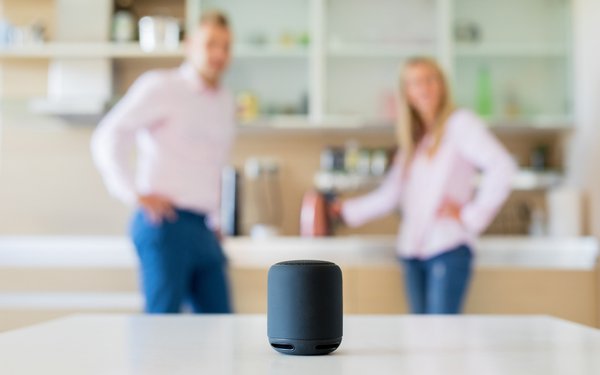
Just as Santa is lining up masses of connected holiday
gifts for delivery, comes a cautious word from the FBI on how to connect all those smart things.
Smart devices such as home security devices, thermostats, fitness trackers, refrigerators,
smart watches and light bulbs, basically any device that can connect to the internet, present a potential problem if not properly managed, according to FBI’s Tech Tuesday blog.
Smart TVs also could present issues.
“Beyond the risk that your TV manufacturer and app developers may be listening and watching you, that television can also be a gateway for hackers
to come into your home,” states the FBI. “A bad cyber actor may not be able to access your locked-down computer directly, but it is possible that your unsecured TV can give an easy way in
the backdoor through your router.”
The FBI suggests keeping Internet of Things devices on a network separate from the one used for sensitive data.
Here are the FBI’s
specific tips on how to build a digital defense:
- Change the device’s factory settings from the default password. If you can’t find the information on how, consider moving on
to another product.
- Make passwords as long as possible and unique for IoT devices.
- Many connected devices are supported by mobile apps on your phone. These apps could be running in
the background and using default permissions that you never realized you approved. Know what kind of personal information those apps are collecting and say “no” to privilege requests that
don’t make sense.
- Secure your network. Your fridge and your laptop should not be on the same network. Keep your most private, sensitive data on a separate system from your other IoT
devices.
- Make sure all your devices are updated regularly. If automatic updates are available for software, hardware and operating systems, turn them on.
Santa may deliver
the smart products, but may not include security and privacy directions along with them.